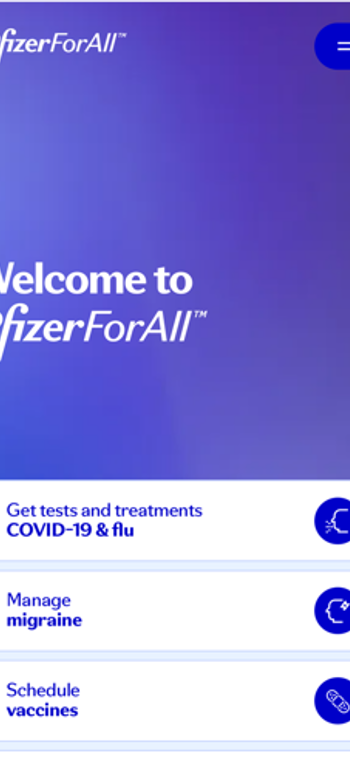
Study: Patients Face Access Restrictions for Cell and Gene Therapies
The high cost and limited clinical evidence for cell and gene therapies have led U.S. health plans and countries outside the United States to limit access.
Payers in the United States, Europe, and Canada limit access to cell and gene therapies, but those restrictions differ by payer, according to a recent
“The primary underlying reasons for access restrictions in all regions appear to be scientific uncertainty at the time of approval, limited evidence, and the high cost of these therapies,” investigators wrote.
Investigators, including Peter J. Neumann, Sc.D., director of the Center for the Evaluation of Value and Risk in Health at Tufts Medical Center, assessed cell and gene therapies market access by analyzing 17 U.S. commercial payers and health technology assessment reports from five European countries (France, Germany, Spain, Italy, the United Kingdom) and Canada.
They found U.S. health plans applied restrictions in about 67% of their cell and gene therapy coverage policies, but some plans were more restrictive than others and plans did so inconsistently.
In Europe and Canada, health technology assessment bodies recommended access to fewer gene and cell therapy products than plans in the United States, but when coverage was recommended it was consistent with approval labeling.
Investigators used the Tufts Medical Center Specialty Drug Evidence and Coverage (SPEC) Database, which includes 17 of the 20 largest U.S. commercial health plans that represent about 60% of commercially covered lives.
They assessed coverage decisions for four cellular therapies: Novartis’ Kymriah (tisagenlecleucel), Gilead’s Yescarta (axicabtagene ciloleucel), Dendreon’s Provenge (sipuleucel-T), and Amgen’s Imlygic (talimogene laherparepvec), as well as two gene therapies: Novartis’ Zolgensma (onasemnogene abeparvovec) and Spark Therapeutics’ Luxturna (voretigene neparvovec-rzyl).
In the United States, the included health plans issued 109 coverage policies for the six therapies, and overall, they applied coverage restrictions in 64% of their decisions. Plans were the most generous with Imlygic, an oncolytic viral therapy to treat patients with melanoma lesions, with 67% covering the product according to the label. Plans were most restrictive with coverage for Zolgensma, which is a one-time treatment for patients with spinal muscular atrophy, and Luxturna, which is an injection in the retina to treat an inherited form of blindness, applying restrictions in 100% of coverage decisions.
In Europe and Canada, as of December 2019, 10 cell and gene therapies had been granted a centralized marketing authorization in the European Union. Investigators identified 35 HTA opinions from HTA official websites.
In Europe, several countries made no decisions regarding access for several gene therapies, and they remain unavailable in those countries. Coverage decisions with clinical restrictions were issued in only three cases in Europe. For example, Imlygic received EMA authorization for the treatment of adults with unresectable melanoma that is regionally or distantly metastatic with no bone, brain, lung, or other visceral disease. In England, it is reimbursed only for patients for whom immunotherapy was not suitable.
In Europe and Canada, investigators identified nonclinical restrictions, specifically price reductions and managed access agreements. For example, in England, two cell and gene therapies have negotiated price reductions. Additionally, two CAR-T cell therapies — Kymriah, which treats patients with acute lymphoblastic leukemia and B-cell lymphoma, and Yescarta, which treats patients with B-cell lymphoma — were funded through the Cancer Drugs Fund, with requirements for additional data to be submitted.
Newsletter
Get the latest industry news, event updates, and more from Managed healthcare Executive.

























